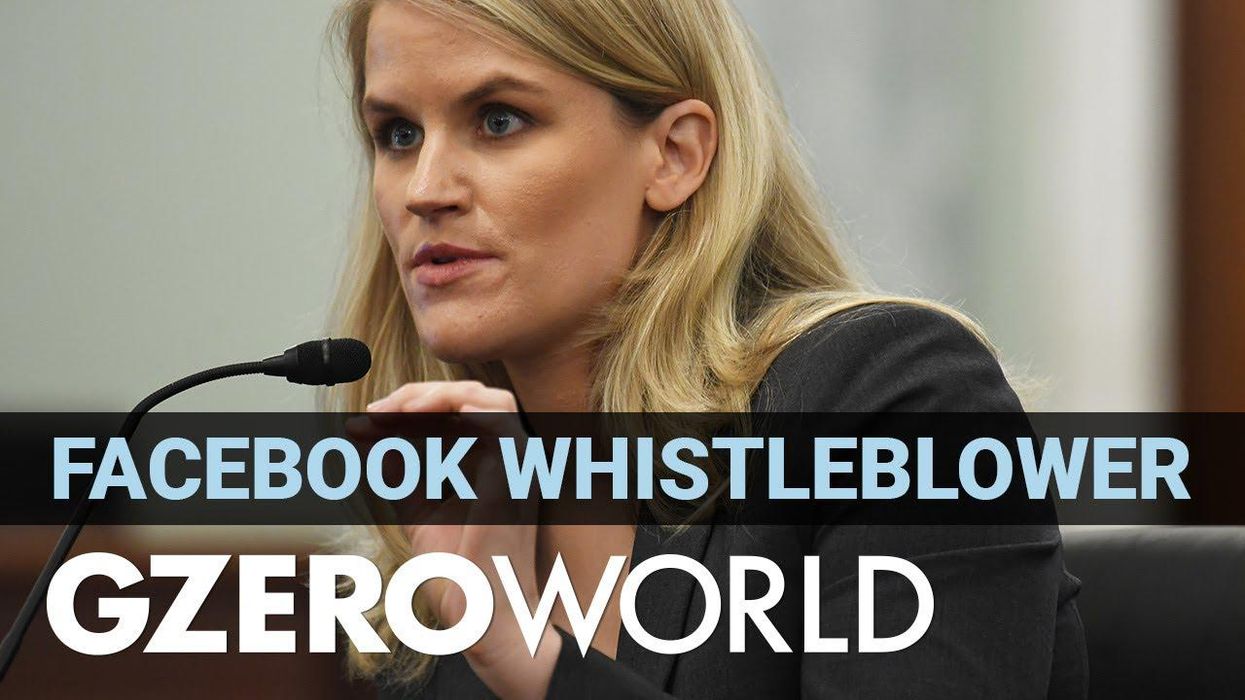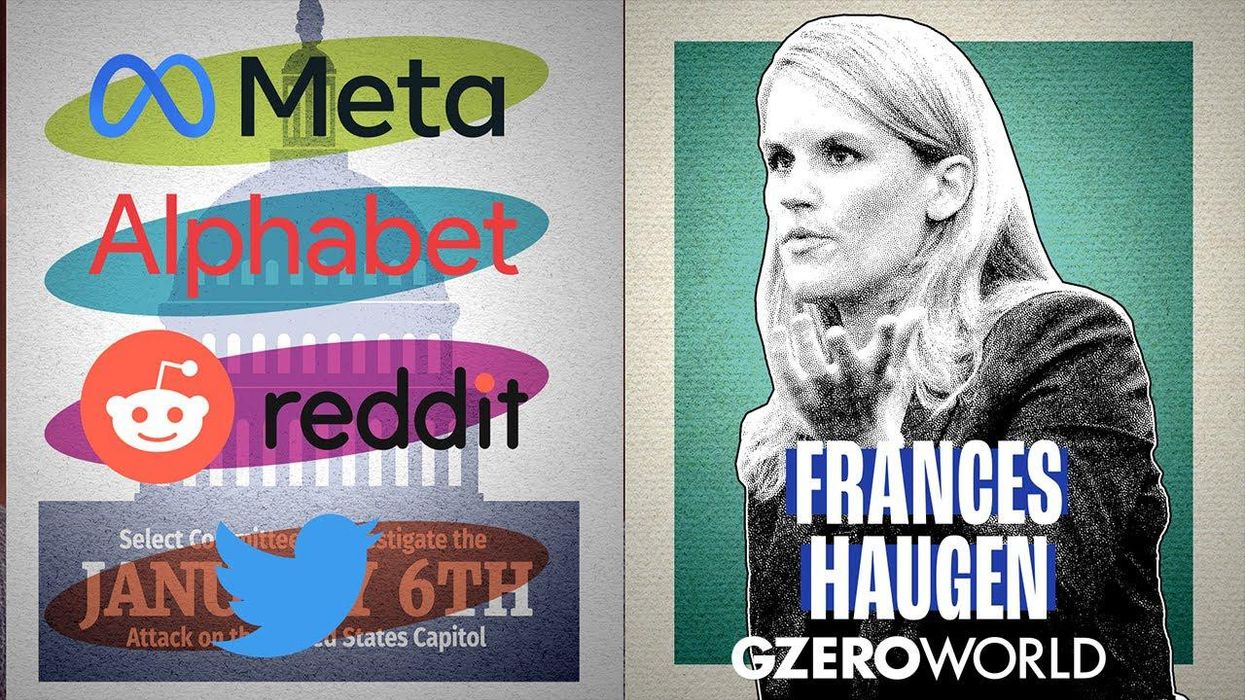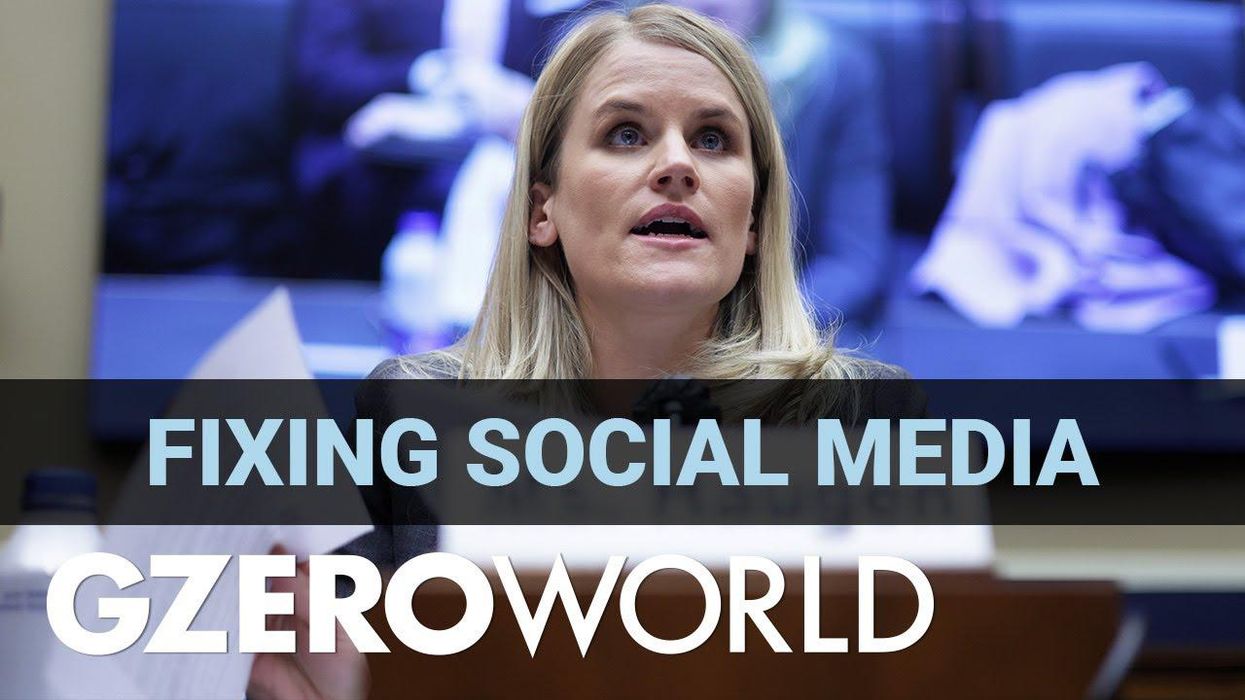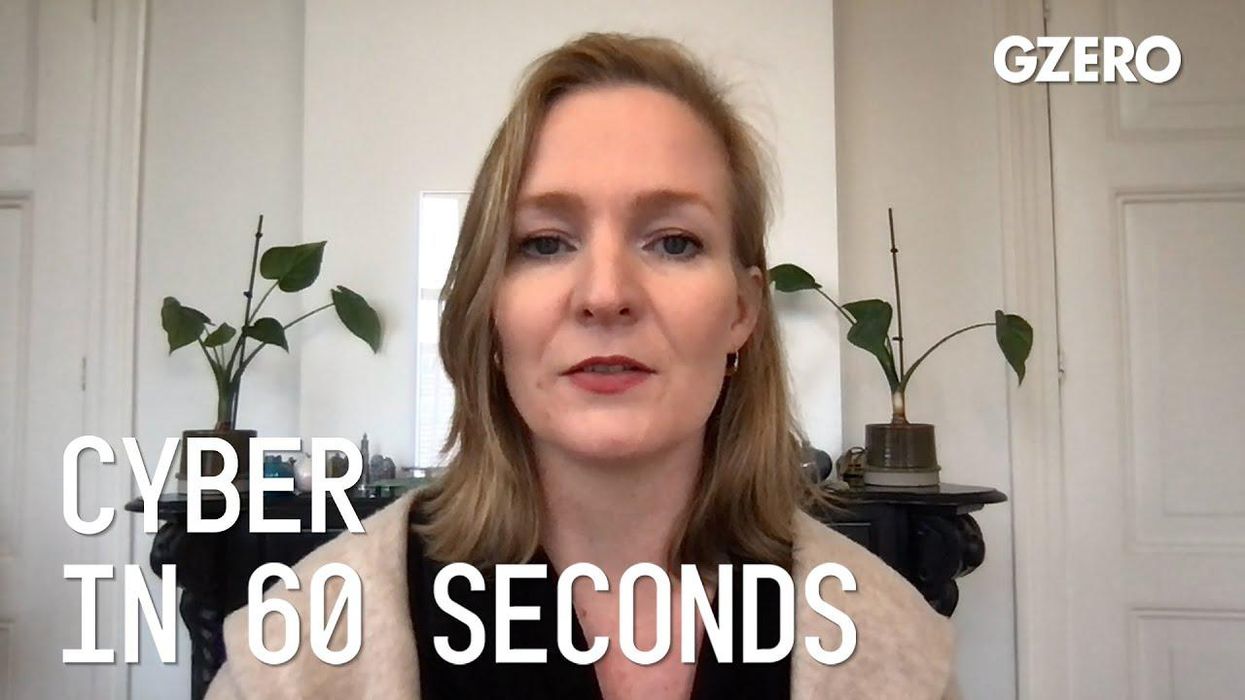GZERO World Clips
The path to holding social media companies accountable
Facebook whistleblower Frances Haugen thinks governments need to rethink how they regulate social media companies to hold them accountable for the consequences of their actions. Instead of laws banning specific stuff, which lawyers are very good at skirting, governments should develop legislation that opens conversations about potential problems. "That's an ongoing, flexible approach to trying to direct them back towards the common good," she tells Ian Bremmer on GZERO World.
Aug 05, 2022





